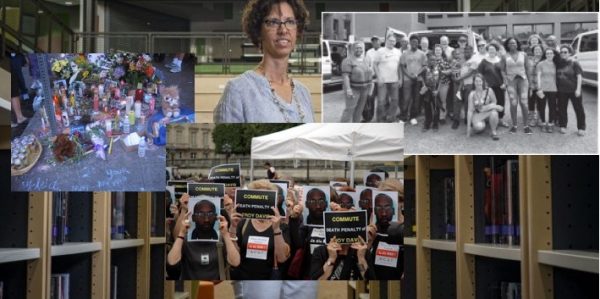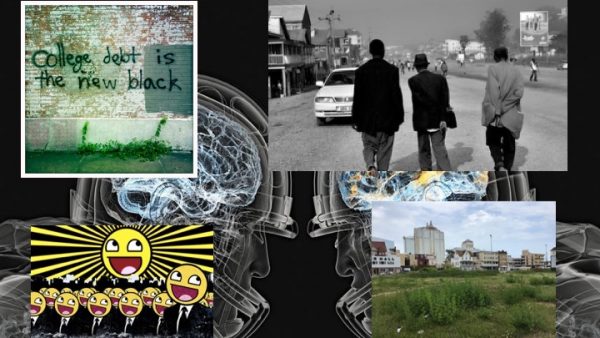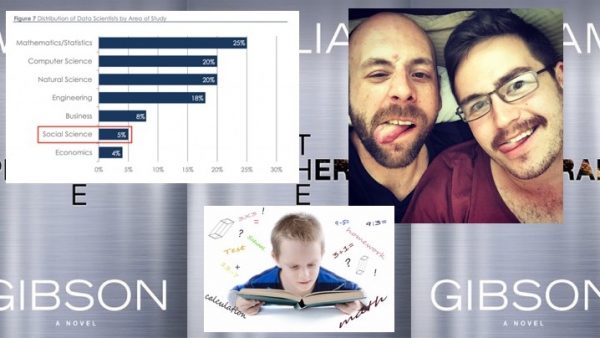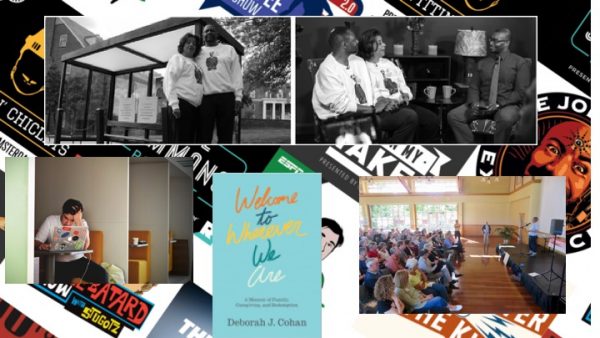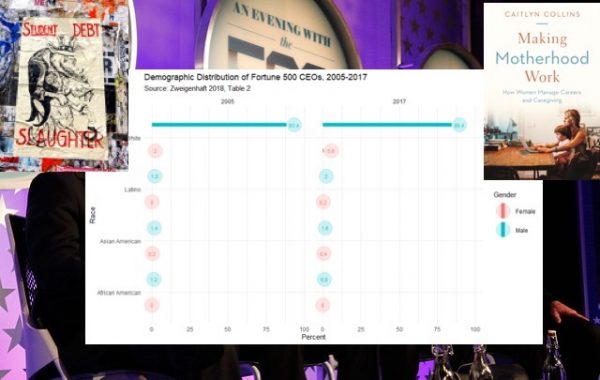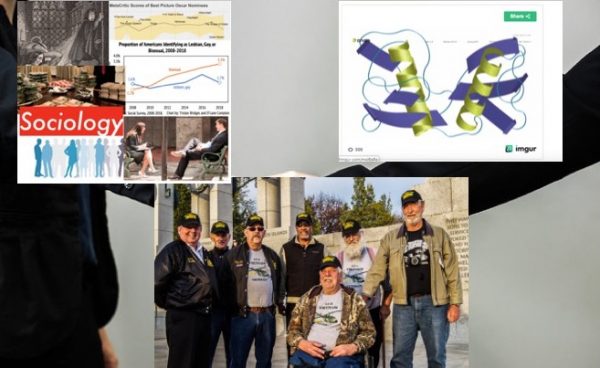
Hello, hello! This week we’ve got new social science research on how sexuality matters married people’s health. You’ll also find social science research on legal consciousness — how people first perceive an act of discrimination as wrong and worthy of complaint — as well as research on who receives special education services in the United States.
Special Feature:
“Marriage Could be Good for Your Health – Unless You’re Bisexual,” by Ning Hsieh and Hui Liu. In this repost from The Conversation, a new study finds that unlike heterosexual and gay or lesbian adults, married bisexuals are not healthier than unmarried bisexuals.
There’s Research on That!:
“Legal Consciousness and Mobilization against Sexual Harassment,” by Amber Joy Powell. Sociologists of law use the term legal consciousness to explain how people first perceive an act of discrimination as wrong and worthy of complaint. In the age of #MeToo, sociological research sheds light on the process by which individuals learn that assault and harassment can be reported in the first place.
“Who Gets a Special Education?” by Amy August. The number of children receiving special education services in the United States has increased dramatically, but concerns remain about racial inequalities in diagnosis and service quality. Social science research shows that children of color are overdiagnosed and underserved.
From Our Partners:
Council on Contemporary Families:
“Less ageism = less Alzheimer’s. It’s that clear.” by Ashton Applewhite.
And from the Community Pages:
- Center for Holocaust and Genocide Studies reflects on the horrific history of Waldsee in Nazi Germany and its contemporary controversy in the U.S.
- Engaging Sports discusses race and marijuana use in sport.


